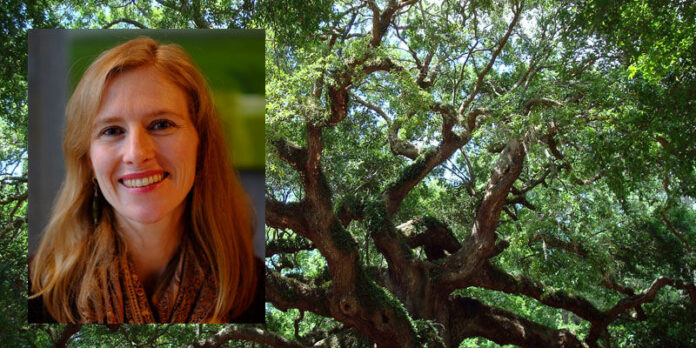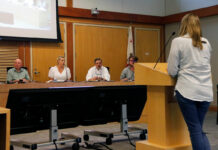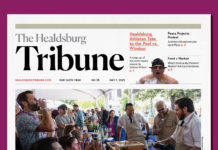I would like to provide some corrections, and additional information, with regard to your March 2, 2017 front page story about Lytton Rancheria, and its purchase of Salvation Army at Lytton Springs.
With an estimated $260 million in annual proceeds from their San Pablo casino, the Lytton have acquired over 500 acres west of Windsor (as opposed to east of Windsor, which your article stated). The land is along Windsor River Road, Eastside Road, and Starr Road, and includes non-contiguous parcels. The land includes both Healdsburg and Windsor addresses. (Eastside Road is Healdsburg.)
According to the Lytton Band’s 2015 Memorandum of Agreement (MOA) with the County of Sonoma, the Lytton propose to build 361 homes, a 200 room hotel, restaurants, spa, wedding area, meeting and banquet facilities, gift shops, a 200,000 case winery and event center on rural and agricultural land outside of Windsor’s Urban Growth Boundary. This is a major commercial development.
The Lytton cannot build their proposed project west of Windsor unless they get the land placed into federal trust, because the proposed development violates the Sonoma County General Plan’s land use zoning. There are only two ways for Indian owned land to move into federal trust. One is administrative (through the Department of the Interior’s Bureau of Indian Affairs (BIA)), and the other is legislative (through an act of Congress).
Since 2009 the Lytton have had an application pending at the BIA to put land west of Windsor into trust. In 2009 the Supreme Court ruled (Carcieri v. Salazar) that the BIA cannot take land into trust for tribes recognized after 1934. In 1937, two extended families (Steele and Myers), asked to settle on 50 acres of government-owned land at Lytton Springs, which became known as the Lytton Rancheria. There was no Lytton tribe before this. The Steele and Myers family members then asked the government to deed them the 50 acres. In 1961 the government deeded the 50 acres to them, and the Steele and Myers family members sold it all shortly after. Last month, a representative for the Lytton said, regarding their BIA application, “We’re still working on the legal justification for taking the land into trust.”
Our Congressman Jared Huffman sponsored a bill (HR 2538) to put land west of Windsor into trust for the Lytton in 2015. The bill died at the end of the 114th Congress in 2016 when it did not move beyond committee. In January, 2017, Republican Congressman Jeff Denham (who was a co-sponsor of HR 2538), whose district is in the Central Valley 150 miles away from Sonoma County, sponsored a bill (HR 597), replicating Huffman’s bill, which seeks to put the land into trust for the Lytton. Denham has been the recipient of more than $60,000 in campaign contributions from Lytton San Pablo Casino since 2014.
If that land west of Windsor goes into trust, there is little protection against future gaming. The County’s MOA, signed two years ago, was for no gaming for 22 years from the date of signing (20 years now) on a limited area. The Congressional bill, while described as “no-gaming,” could easily be changed while passing through Congress (as happened in Rohnert Park).
The Lytton now own close to 3,000 acres in Sonoma County, in addition to their gaming reservation in Contra Costa County. The Lytton spent over $1 million on lobbyists in 2015-2016, and over $400,000 in 2016 election cycle contributions to members of Congress, Party Committees and PACs, according to OpenSecrets.org, and the Center for Responsive Politics, a nonpartisan, independent, nonprofit which tracks money in politics.
Tell Rep. Huffman and Senators Feinstein and Harris, if, like me, you are opposed to a bill (H.R. 597) sponsored by an out-of-district Congressman who has received tens of thousands of dollars from the Lytton Casino, to put land into tax-free federal trust in Sonoma County. The proposed Lytton development west of Windsor, and this fee to trust legislation, is not simply about a homeland. It is about big business, and circumventing the local planning and environmental review process.
Whitney Hopkins is a Healdsburg resident.









